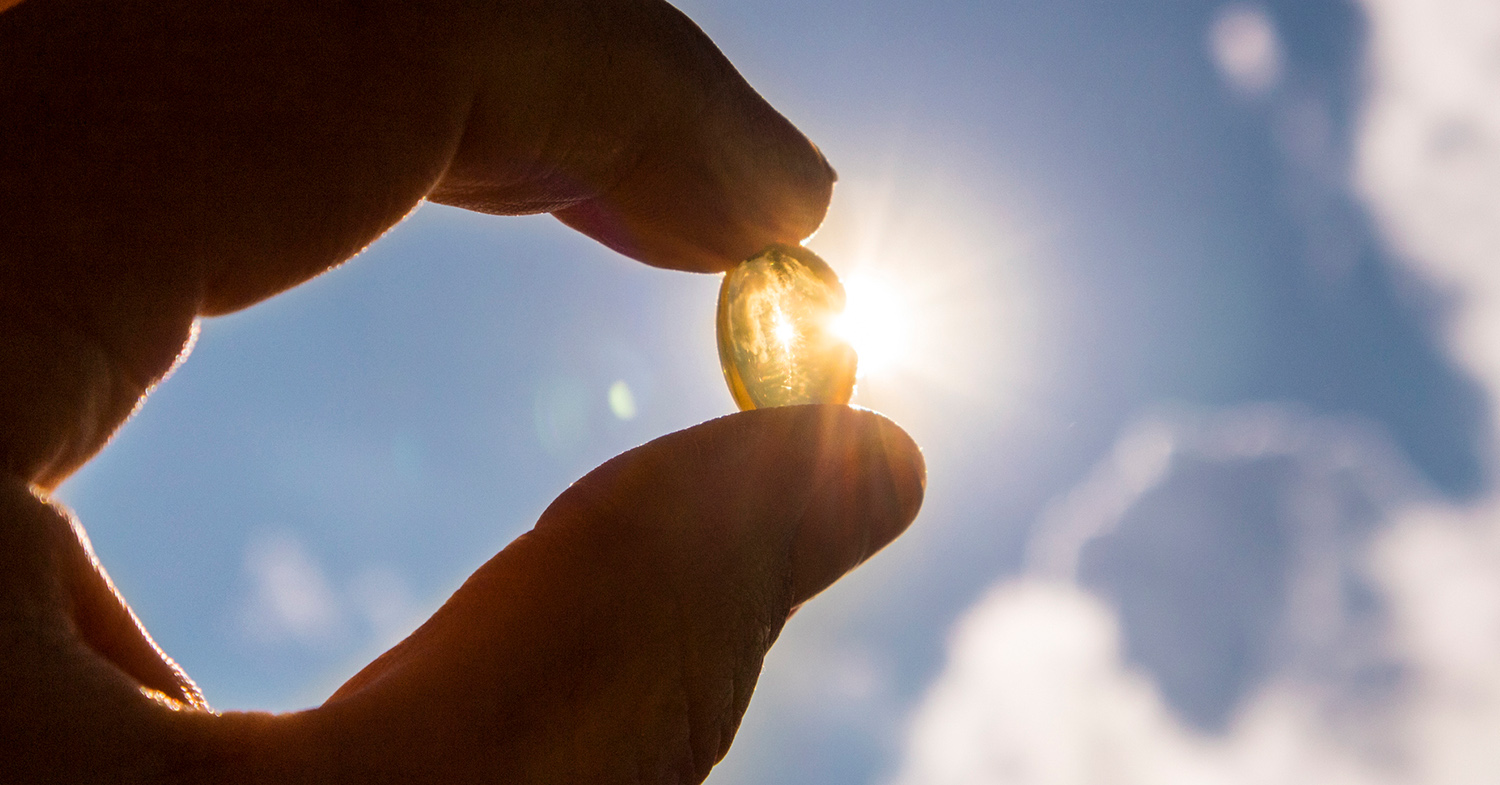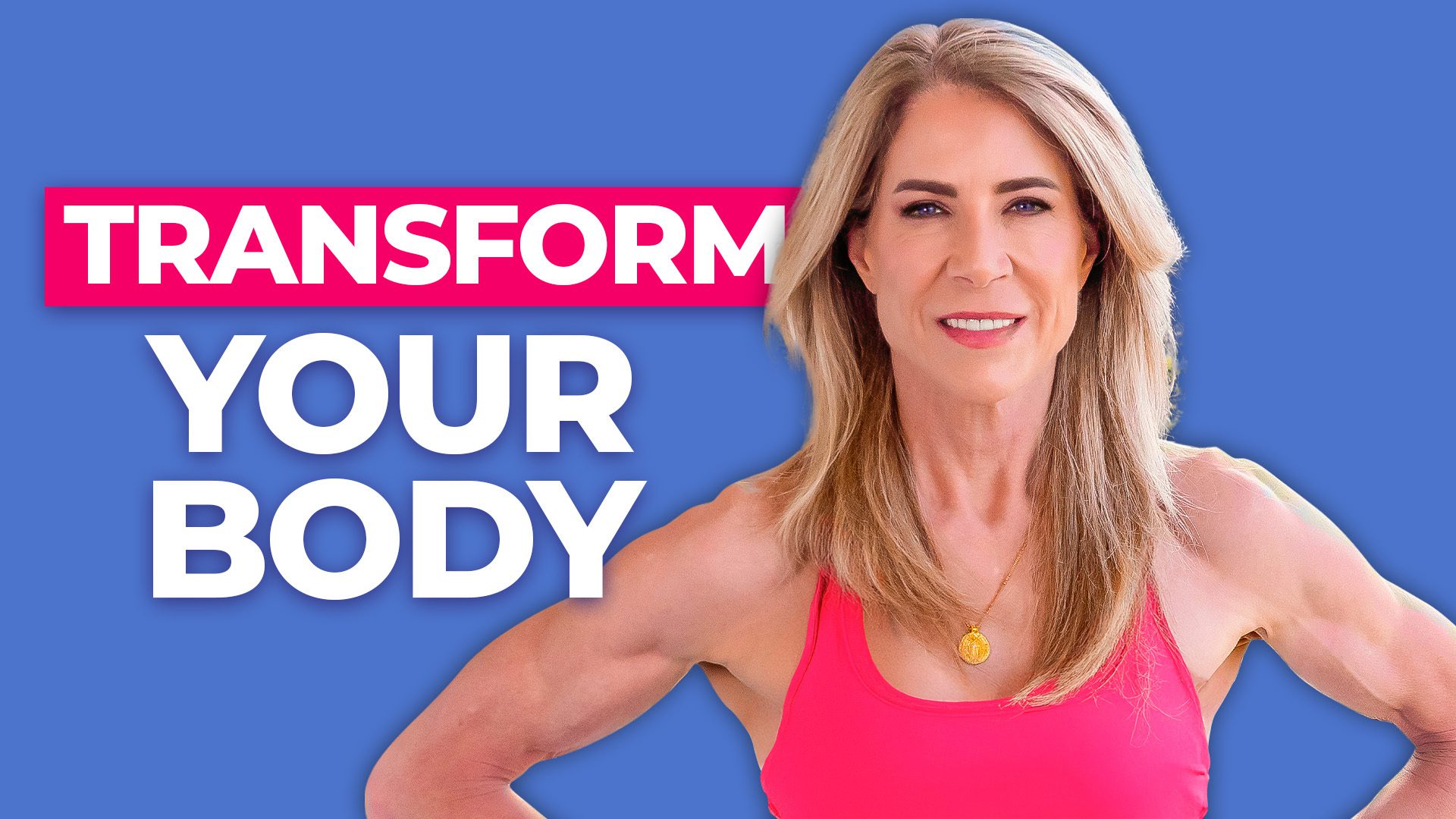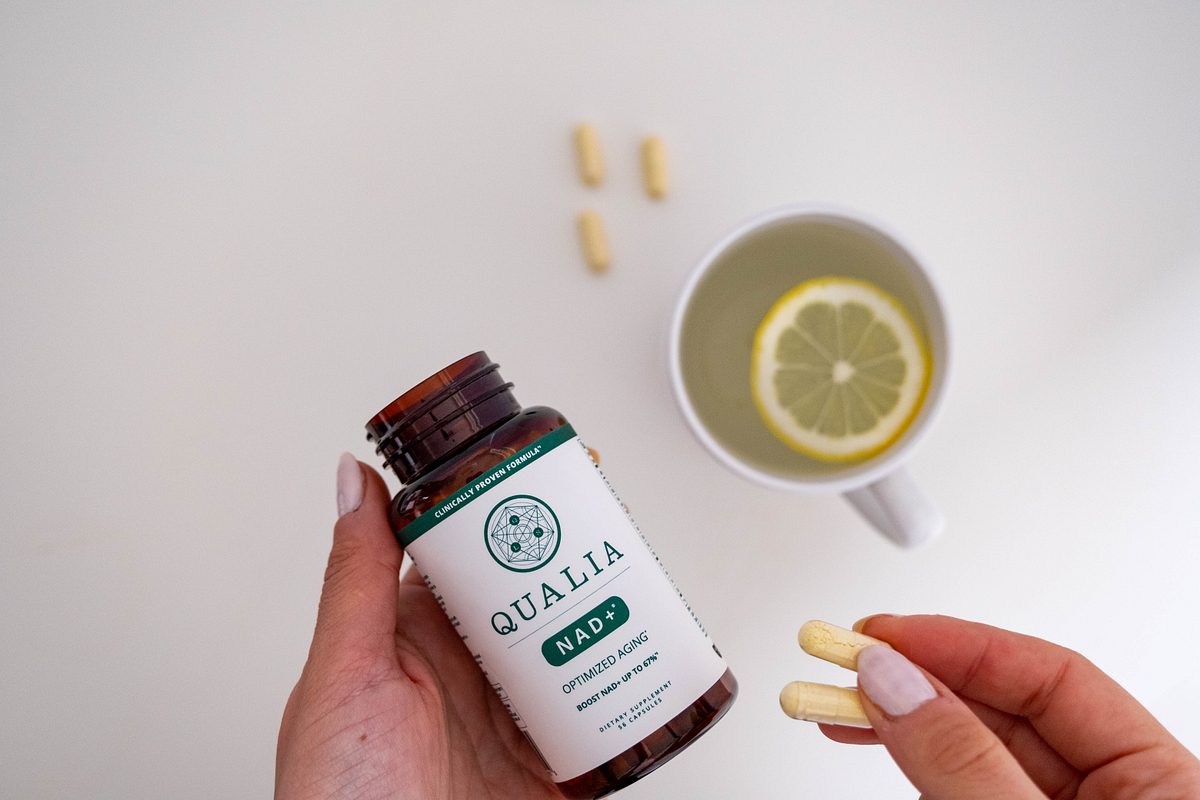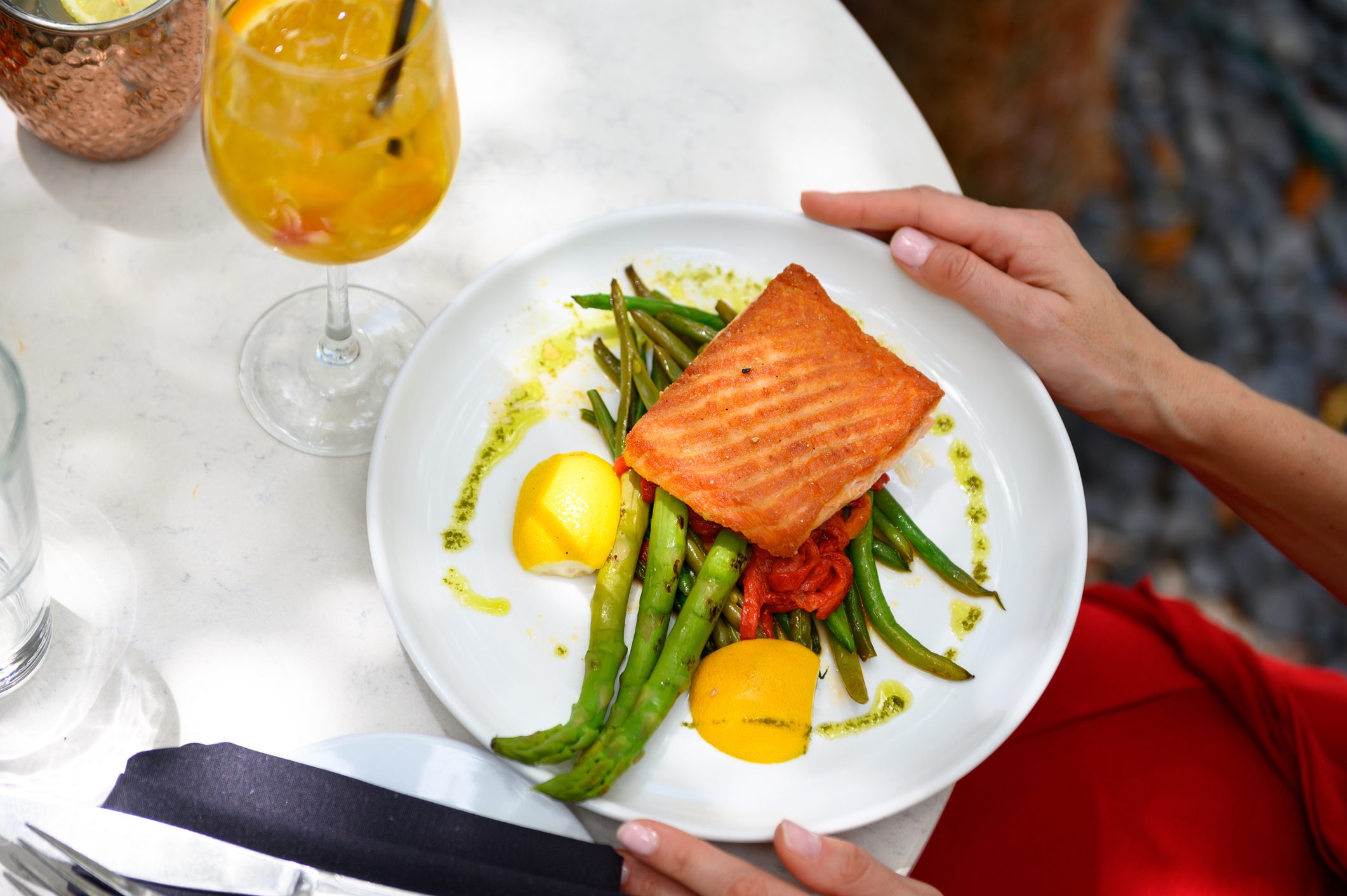When my son was in the hospital fighting for his life, I moved heaven and earth to make sure that I didn’t get sick. I needed to stay strong for him!
So I dove into the research and compiled the best immune support strategies backed by science. I did everything I could to build my defenses and keep my immune system in tip-top shape.
Now more than ever, we find ourselves in a place where we all need this information. You need to stay healthy for yourself and your loved ones, which is why it’s important to have plenty of simple, effective strategies in your immune toolkit.
Today I’m going to share an immune needle-mover with you that’s easy to implement in your daily life, especially during the summer. Now more than ever, we need to use everything in our arsenal to keep ourselves and our family protected.
Tossing and turning or can’t fall asleep? It happens to us all, and it’s never pleasant. Over the years, I’ve developed some simple hacks to get a great night’s sleep so I can be my best self every single day. I want to share those tips with you in my Best Rest Sleep Cheat Sheet. It’s FREE, so you’ve got nothing to lose… and a great night’s sleep to gain. Grab your guide here.
Get Some Sunshine Therapy
So many of us have been told to avoid the sun to protect our skin. But being out in the sun for just 20 minutes (without sunscreen) offers some crucial benefits for your immune system. Here’s how:
Sunshine Boosts Your Mood
Laughter really is good medicine, and it turns out that exposure to sunlight can help.
That’s because when your eye sees sunlight, your retina triggers the release of serotonin, a neurotransmitter that helps regulate your mood. Sunlight also encourages the production of dopamine, another feel-good neurotransmitter.
And those good vibes can do wonders for your immune health! Studies show that experiencing positive emotions has been linked to a decreased risk of certain types of infection, as well as a stronger immune response.1-3
Sunshine Regulates Your Natural Rhythms
Getting regular doses of sunshine helps your body maintain a healthy circadian rhythm (your natural sleep-wake cycle).
And that matters since circadian rhythm impacts your body from head to toe. From regulating sleep and releasing important hormones to maintaining normal body temperature and promoting healthy digestion, your circadian rhythm is involved in many key bodily functions.4
But if your circadian rhythm is disrupted, big problems can result. Research shows that circadian rhythm disruption can lead to inflammation and a dysregulated immune response.5
Sunshine Produces Vitamins
When you’re out in the sunshine, your body makes vitamin D from the cholesterol in your skin. And while most people think of vitamin D in terms of bone health, it also packs a powerful immune-boosting punch.*
In a meta-analysis of 25 studies and over 10,000 participants, supplementing with vitamin D was shown to reduce the risk of respiratory infections.6 Research has also shown that vitamin D may enhance the effect of antiviral treatments. 7
Wondering why vitamin D is such a potent ally when it comes to immune health? It’s mainly due to its role in the production of molecules known as antimicrobial peptides that defend against harmful invaders. 8
In fact, vitamin D is so effective at killing harmful invaders that it was once used to treat certain types of infection before antibiotics existed.8
Sunshine Helps Activate T Cells
T cells are a type of white blood cell that act as one of the body’s main weapons in the immune response. And scientists now know that sunlight makes certain types of T cells move faster. 9
That’s good news for your immune function! Here’s why: T cells need to move to do their job, intercepting pathogens that might threaten your body’s health. Since light increases their movement, T cells are able to launch a more effective immune response.
Finally, consider this:
During the 1918 influenza pandemic, patients were treated outdoors, in what was called open-air therapy. The combination of fresh air and sunlight was thought to have contributed to an improvement in symptoms and a reduction in deaths among patients. 10
In other words, the sun is good for you! But as with all things, moderation is key.
So, how much sun do you need?
To maintain your vitamin D levels, 20–30 minutes a day of direct sun exposure on sunscreen-free skin is enough to do the trick.
Beyond that, too much sun exposure can lead to negative effects such as an increased risk of skin cancer and accelerated aging. If you’re going to be outside for longer periods of time, be sure to apply nontoxic sunscreen to protect yourself. (Your mood and your circadian rhythm will still reap the rewards!)
And if you’re not meeting your daily sunshine quota, consider supplementing with additional vitamin D. Vitamin D Plus is our new, improved vitamin D product. We combine therapeutic doses of vitamin D3 along with bioavailable vitamin K1 (Phytonadione) and vitamin K2 (Menaquinone-7), as well as geranylgeraniol (GG) to complement those benefits, all in one easy-to-take softgel.*
Key takeaway: It’s amazing what a little sunshine can do for your immune system! The most powerful healing strategies often come from Mother Nature herself.
Blueberry sorbet and coconut ice cream are PERFECT for the upcoming warm weather (or really, any time of the year!). You can get these and 13 more healthy, super-satisfying sweet treat recipes in my Sweet Treats Guide. Best of all, it’s FREE. Claim yours here.
The views in this blog by JJ Virgin should never be used as a substitute for professional medical advice. Please work with a healthcare practitioner concerning any medical problem or concern. The information here is not intended to diagnose, treat, or prevent any disease or condition. Statements contained here have not been evaluated by the Food and Drug Administration.
*These statements have not been evaluated by the Food and Drug Administration. This product is not intended to diagnose, treat, cure, or prevent any disease.
References:







